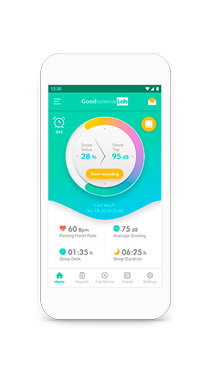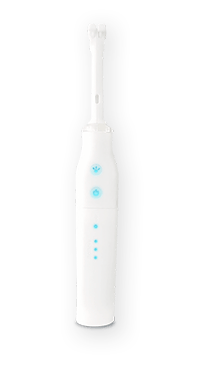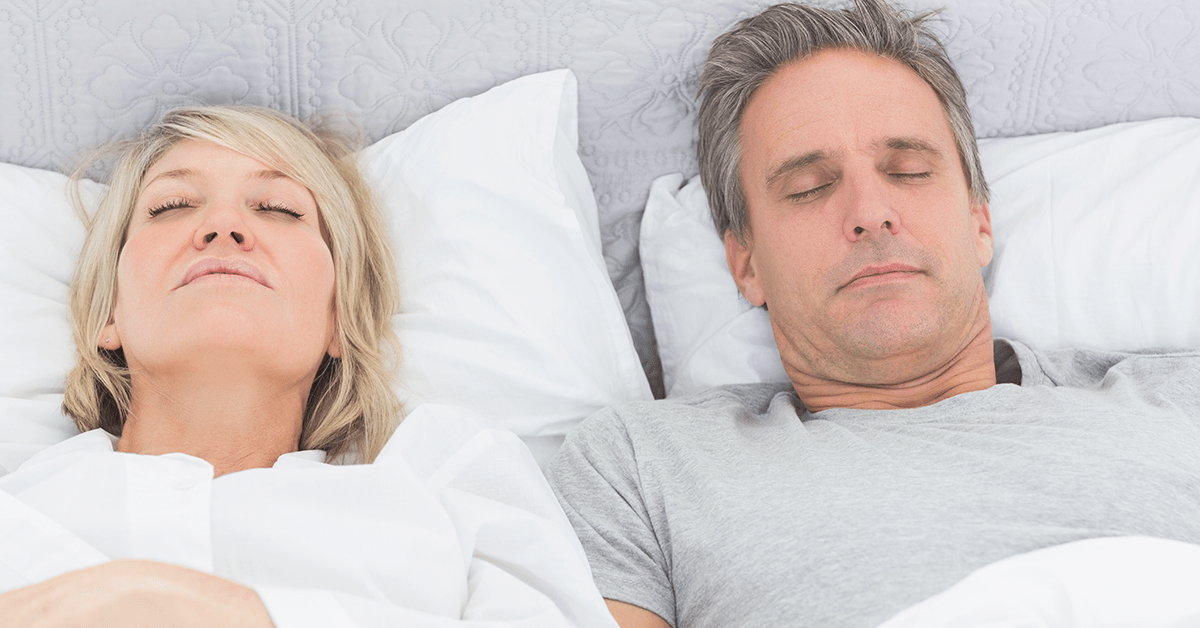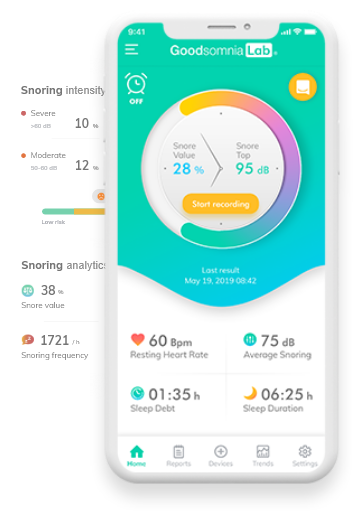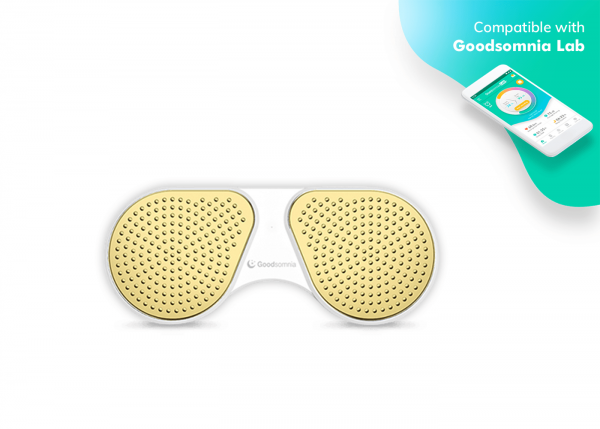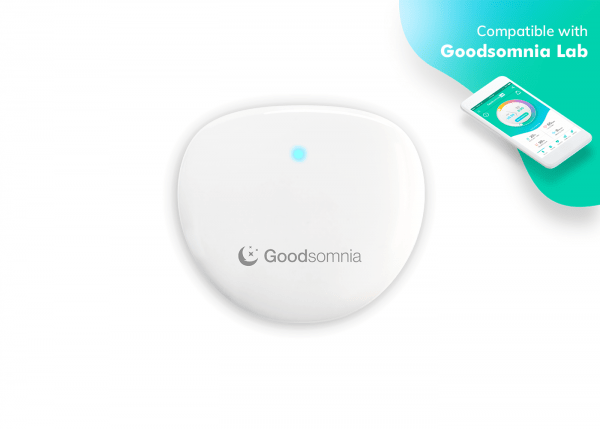A person’s snoring can seriously affect the quality of sleep of another. It not only causes lousy morning moods and lack of energy during the day, it often causes relationship breakdowns.
Snoring makes it difficult to ventilate the lungs, creating a lack of oxygen in the blood. It prevents sleep and creates the prerequisites for the occurrence of diseases of the cardiovascular and nervous systems.
Here are five lifestyle changes to reduce snoring and help improve sleep quality:
-
Change your sleep position. Some positions, such as lying on your back, cause the tongue and soft palate to press down on the back of the throat, blocking the airway and contributing to snoring. Sleeping on your side may solve or reduce the problem.
-
Have an active lifestyle. When you gain weight, your neck thickens, upping the chances of snoring. An active lifestyle, such as walking and exercise, helps weight normalization, eases snoring and changes your overall well-being for the better.
-
Avoid alcohol in the evenings. Alcohol helps us relax, but when the throat muscles relax too much, they lose their tone, triggering snoring. Physicians recommend drinking no later than four hours before bedtime. Alcohol also dehydrates the body, so drink water before bed.
-
Enjoy a hot shower. The reason for snoring is that it is difficult for air to pass through narrowed nasal passages or the mouth. Experts recommend taking a hot shower and rinse the nasopharynx with salt water to cleanse and slightly expand the nasal passages. When you breathe lightly and freely, the likelihood of snoring decreases. Also, a hot shower before bed will help you relax.
-
Try stop-snoring smart devices. Over 2 billion people snore worldwide, so many companies try to solve this problem with the latest technology. Modern healthcare technology can improve their life-quality and well-being through health screening and snoring treatment using special devices.
For example, the Goodsomnia Smart stop-snoring device is non-invasive and stimulates the soft palate muscles, making them stronger and tighter, so they don’t vibrate and cause snoring.
Every adult needs to aim for the recommended 7-8 hours per night sleep as this is the main secret to aiding the body’s recovery.
If snoring remains an issue, we recommend you visit a doctor to avoid serious sleep disorders like obstructive sleep apnea. It can lead to heart disease, elevated blood pressure, mental confusion, liver problems, sexual disorders and more.

